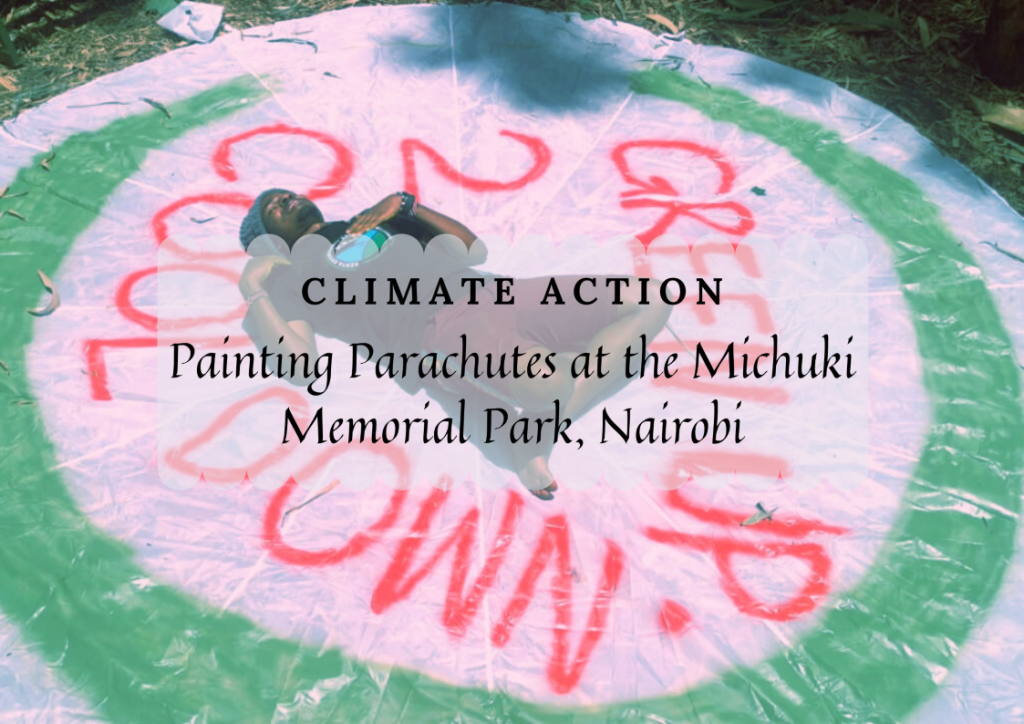The 16th Conference of the Parties (COP16) to the United Nations Convention to Combat Desertification (UNCCD) is a landmark event happening from December 2–13, 2024, in Riyadh, Saudi Arabia. As the largest UN land conference ever and the first of its kind in the Middle East, COP16 represents a critical moment in the global effort to combat desertification, land degradation, and drought. This year’s event coincides with 30 years of UNCCD, highlighting three decades of progress, challenges, and aspirations in building a more sustainable future for our planet.
🌟 Understanding the UNCCD and Its Role
Founded in 1994, the UNCCD is one of the three Rio Conventions, alongside the United Nations Framework Convention on Climate Change (UNFCCC) and the Convention on Biological Diversity (CBD). While climate change and biodiversity often dominate environmental conversations, land degradation is just as critical, as it directly affects 40% of the Earth’s land and impacts the lives of 3.2 billion people worldwide.
The UNCCD serves as the global voice for sustainable land management, bringing together 197 Parties (196 countries + the European Union) to tackle some of humanity’s greatest challenges, including:
- Desertification: The process by which fertile land becomes desert, often caused by drought, deforestation, or inappropriate agriculture.
- Land Degradation: The decline in the quality of land due to overuse, pollution, and climate change.
- Drought: A natural disaster affecting millions, with severe economic and social consequences.
Through its COPs, the UNCCD fosters collaborative solutions that restore ecosystems, enhance livelihoods, and build resilience against future crises.
🌱 Why Does COP16 Matter?
The urgency of COP16 cannot be overstated. Consider these alarming statistics:
- 40% of global land is degraded, with significant consequences for food security, water availability, and biodiversity.
- Every year, 100 million hectares of productive land—an area the size of Egypt—are lost.
- To meet global needs by 2030, 1.5 billion hectares of degraded land must be restored.
Land Health = Human Health
Land is the foundation of human life, supporting agriculture, water cycles, and biodiversity. When land is degraded, it sets off a chain reaction of crises: hunger, poverty, displacement, and ecological collapse. Protecting and restoring land is essential not just for the environment but for human health and well-being.
A Call to Action
Scientists emphasize the need for a “Safe and Just Space”, where resources are equitably shared, ecosystems are restored, and future generations can thrive. Without immediate action, land degradation will exacerbate existing inequalities and deepen the global environmental crisis.
💡 Why Riyadh?
Saudi Arabia’s selection as the host for COP16 is significant. The Middle East faces some of the world’s most severe challenges related to desertification and drought, making it a fitting location for this pivotal gathering. As the largest COP in UNCCD history, COP16 underscores the growing importance of sustainable land management in achieving global development goals.
Celebrating 30 Years of UNCCD
COP16 also marks the 30th anniversary of the UNCCD, a milestone that reflects decades of global collaboration, scientific innovation, and policy development. This year’s conference will take stock of past achievements while charting a bold path forward for the next decade.
📅 Key Themes and Highlights of COP16
COP16 is more than just a conference; it’s a dynamic platform for knowledge exchange, innovation, and action. Each day of the event focuses on a specific theme, addressing critical aspects of sustainable land management:
🔸 December 4 – Land Day
This day highlights the power of nature-based solutions in restoring degraded land, creating jobs, and alleviating poverty. Successful examples of land restoration projects from around the world will take center stage, demonstrating the economic and environmental benefits of sustainable practices.
🌾 December 5 – Agri-Food Systems Day
Agriculture depends on healthy soils and resilient ecosystems. This day focuses on sustainable farming practices, resilient crops, and the role of soil health in ensuring food security for a growing global population.
🏛 December 6 – Governance Day
Good governance is the backbone of sustainable land management. This day will explore how inclusive policies can ensure equitable access to resources, protect vulnerable communities, and foster long-term environmental stewardship.
👩👩👦 December 7 – Peoples Day
Land restoration isn’t just about policy; it’s about people. This day celebrates the contributions of youth, women, and civil society in decision-making and implementation. Their voices and actions are essential for creating lasting solutions.
🔬 December 9 – Science, Technology & Innovation Day
Scientific breakthroughs and innovative technologies are accelerating the fight against desertification. From satellite monitoring to drought-resistant crops, this day showcases cutting-edge solutions that can transform the future of land management.
🌆 December 10 – Resilience Day
Building resilience is crucial in the face of climate change and environmental challenges. This day focuses on policies and practices that enhance community resilience, particularly in vulnerable regions.
💰 December 11 – Finance Day
Without funding, even the best plans remain dreams. This day will address the financial mechanisms needed to unlock investments in land restoration, drought solutions, and sustainable development.
🌍 The Road Ahead: What Can We Expect from COP16?
COP16 offers a unique opportunity to:
- Strengthen Global Commitments: Countries are expected to renew and enhance their commitments to land restoration under the UNCCD.
- Accelerate Implementation: Practical solutions and partnerships will be showcased to turn commitments into action.
- Foster Collaboration: Governments, NGOs, scientists, and civil society will come together to share knowledge and resources.
Key Goals for COP16:
- Scaling Up Land Restoration: Achieving the target of restoring 1.5 billion hectares by 2030.
- Building Resilience: Strengthening communities’ ability to adapt to climate challenges and recover from disasters.
- Enhancing Equity: Ensuring that vulnerable populations benefit from land restoration efforts.
🚨 What Can You Do?
While COP16 is a global event, its success depends on collective action at all levels. Here’s how you can contribute:
- Educate Yourself: Learn about the impacts of land degradation and the importance of restoration.
- Support Local Projects: Volunteer with or donate to organizations working on sustainable land management in your community.
- Advocate for Change: Use your voice to call for policies and practices that protect and restore our planet.
🌟 Conclusion
As the global spotlight turns to Riyadh this December, COP16 serves as a powerful reminder that land is life. Protecting and restoring it is not just an environmental imperative—it’s a moral obligation to future generations.



